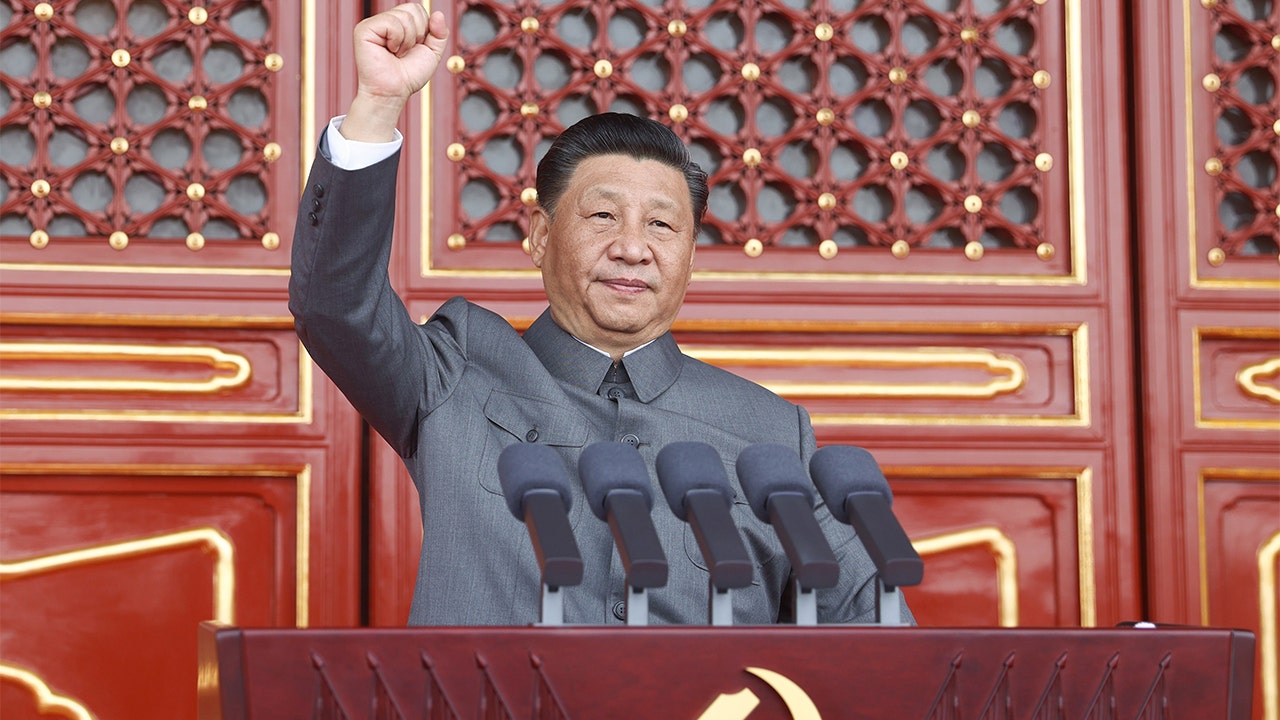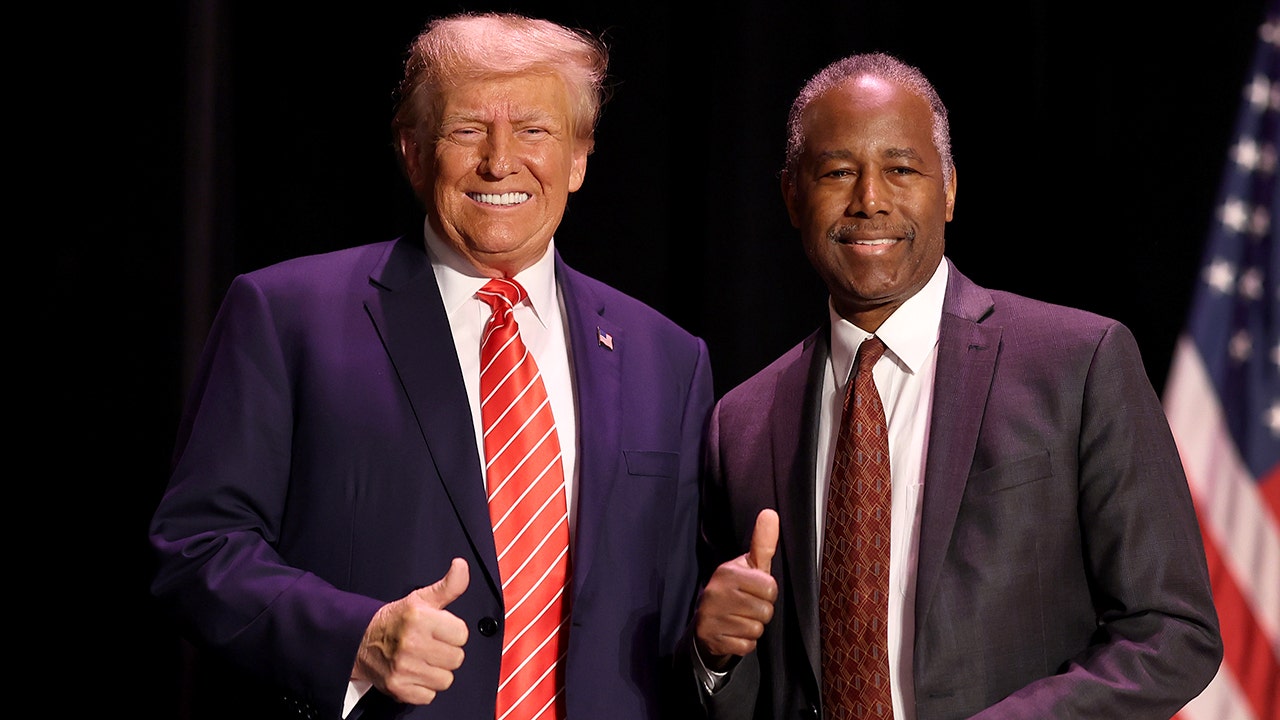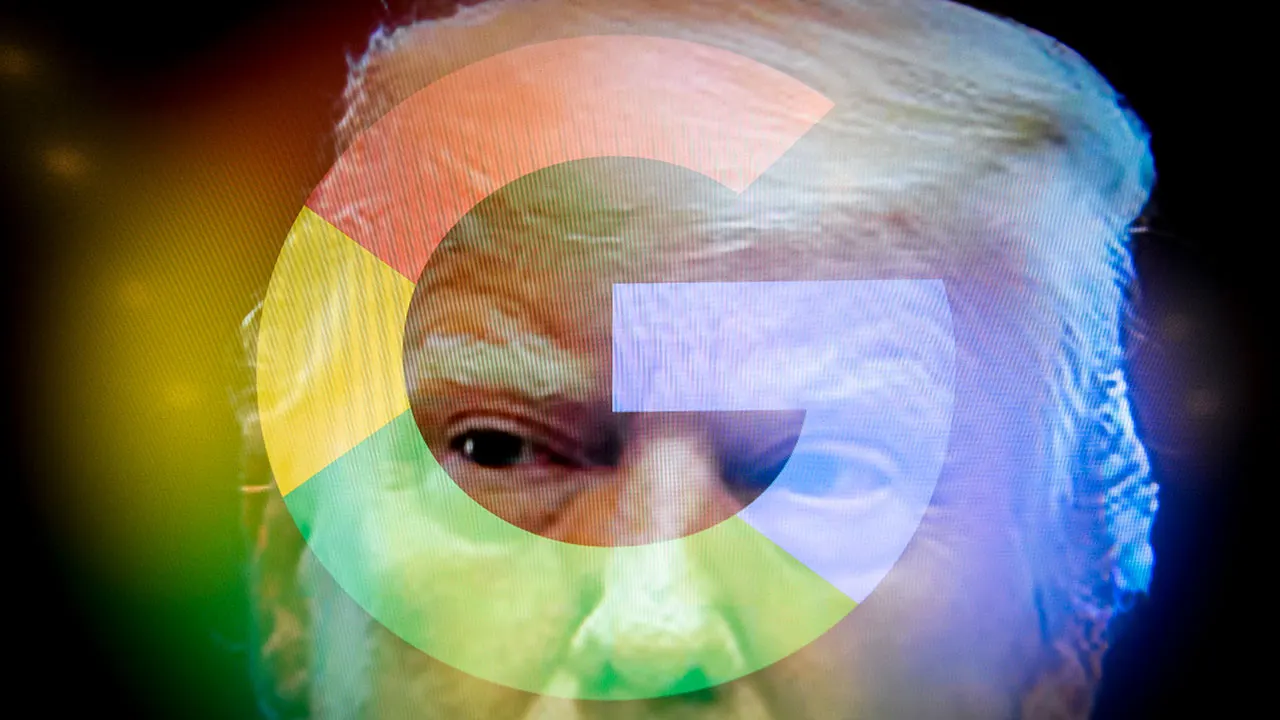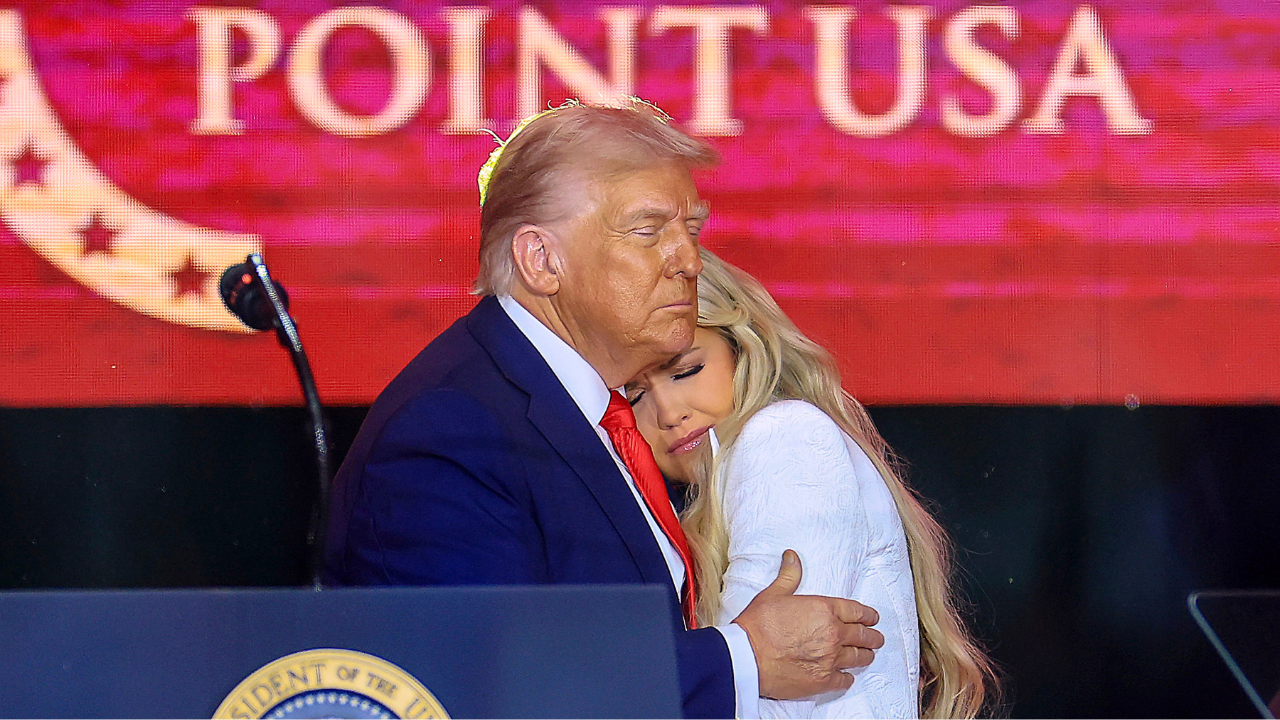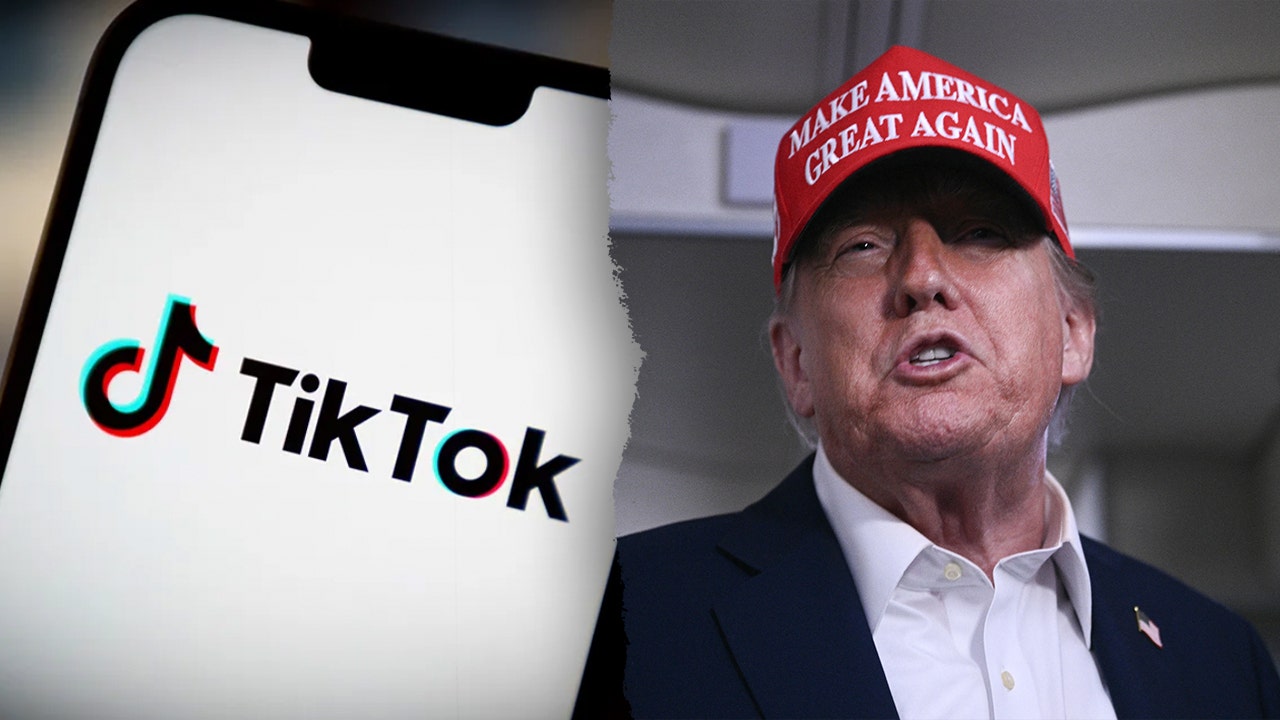NEWYou can now listen to Fox News articles!
With President Donald Trump’s extraordinary decision to attack three of the key/critical Iranian nuclear sites, two questions emerge: First, how will the Iranian populace react to the decision? Second, will this hurt or help the chances for regime change?
Of course, we will not get answers to these questions immediately. But I think it’s fair to say that history, in the not-so-distant past, offers an instructive guide to what could well happen.
While it is challenging at this point to answer these questions with a high degree of certainty, there is one historical analogy which I was deeply involved in that may provide insights.
TRUMP HINTS AT REGIME CHANGE IN IRAN WHILE DECLARING 'MAKE IRAN GREAT AGAIN' AFTER US STRIKES
More than 24 years ago, while working in the Bill Clinton administration, I was one of the principal actors advising the State Department on the situation in Serbia. There, I led on-the-ground efforts to demonstrate to the Serbian opposition that President Slobodan Milosevic could be beaten.
At the time, many in both the U.S. and Serbia thought that nearly 80-days of NATO bombings and the 1999 Kosovo war had produced a rally around the flag effect in favor of Milosevic.
And yet, the polls I conducted conclusively demonstrated the opposite.
The data revealed that, despite efforts by the regime to portray Milosevic as strong and popular, he was extremely weak, with a 70% unfavorable rating.
There are striking parallels between Milosevic’s downfall and the situation the Khamenei regime finds itself in today.
In both, there are some who feel that foreign airstrikes would strengthen nationalist sentiment in favor of a regime that prioritizes projecting an aura of popularity despite being incredibly disliked by its citizens.
Further, in Serbia, we found that there was pervasive anger towards the government, particularly over the poor state of the economy. In Iran, there is similar – if not even more intense – dissatisfaction with the regime’s chronic mishandling of economic and national policy.
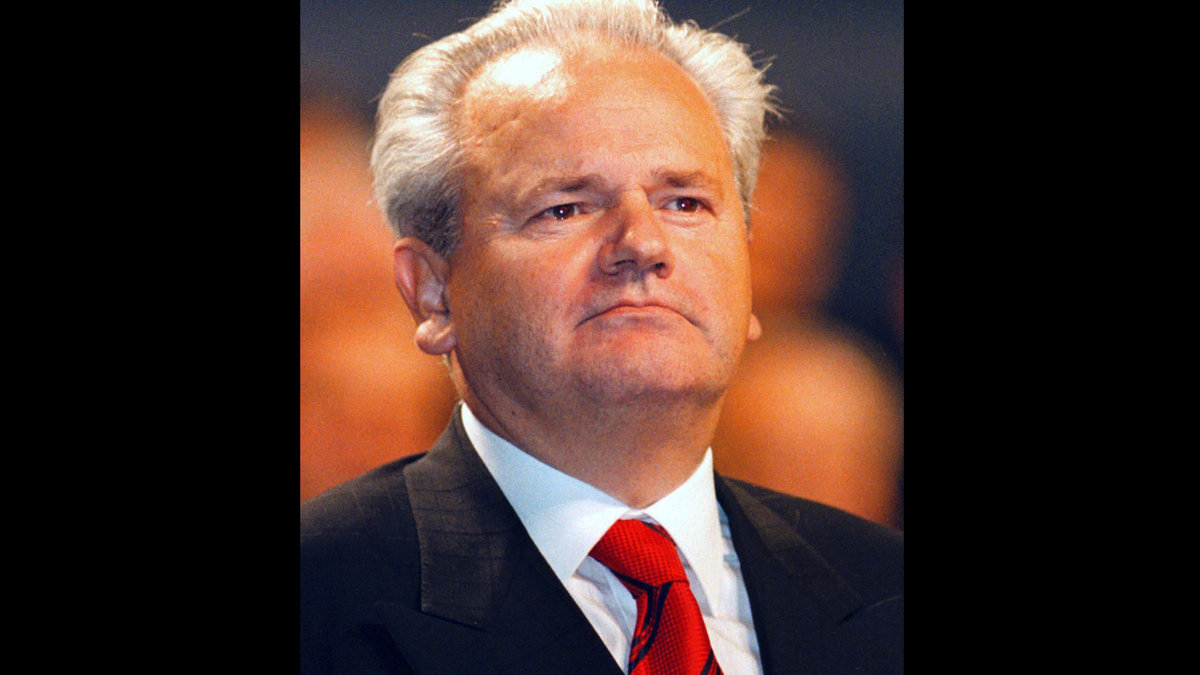
To be sure, polling data from inside Iran is limited, although Stasis, a firm which specializes in conducting methodologically-sound surveys in the country, released a poll last October that is telling.
They found that nearly 8-in-10 (78%) Iranians feel that the government’s policies are to blame for the country’s economic struggles.
Additionally, in a country of 90 million, where roughly 60% are under the age of 30, the same poll shows that more than three-quarters (77%) of Iranians believe that "Iranian youth do not see prosperity for their future in Iran."
All of this is to say that like Milosevic’s regime, the Iranian government appears to have strong popular support, but underneath the surface, is extremely weak and vulnerable.
MOMENTUM FOR REGIME CHANGE IN IRAN SURGES AMID ISRAEL'S CONFLICT WITH TEHRAN
For many, the idea that Israel – and especially Prime Minister Benjamin Netanyahu – could bring about regime change in Iran is hard to take seriously.
But, a more detailed examination of the current situation, as well as Iran’s own recent history, supports the notion that Netanyahu could be more accurate than not.
Consider the history: Since 2009, there have been 10 nationwide protest movements, with millions of Iranians taking to the streets against the government.
And while there was a wide range of causes for those protests – from blatant election fraud to the most recent demonstrations set off by the killing of Mahsa Amini – they all underscore widespread opposition to the current regime.
In that same vein, much like I saw in Serbia, the large number of protests and their various causes reveal a significantly large opposition that, under the right conditions, can effectively mobilize and pressure the regime.
To that end, whereas we had to actively organize those movements in Serbia, those conditions are already evident in Iran, and on a much greater scale.
NETANYAHU CALLS ON IRANIAN CITIZENS TO SEIZE 'OPPORTUNITY' FOR REGIME CHANGE
Aside from the bleak future facing Iran’s youth, the regime’s oppressive laws towards its nearly 44 million female citizens have turned virtually one-half of the population into second-class citizens with little to lose from rising up, as hundreds of thousands did during the 2022 Mahsa Amini protests.
Underscoring just how deep the hatred is towards the regime, Iran International has reported receiving letters expressing personal thanks to Netanyahu, and the Jerusalem Post reported than an Iranian source told them, "This war has greatly strengthened and revived new optimism" among Iranians for regime change.
The Post’s source inside Iran continued, saying that "conversations around the capital city (Tehran) are focused on the final days of the regime and that they brought it on themselves."
Outside of Iran, the debate has already begun.
On one side are leaders such as Israeli Prime Minister Benjamin Netanyahu, as well as journalists like former National Security Advisor John Bolton, and Yorktown Institute President Seth Cropsey.
PENTAGON FLEXES US MILITARY'S DECOYS AND STRATEGIC DECEPTION THAT TOOK IRAN AND WORLD BY SURPRISE
Those men have argued – Bolton and Cropsey in the Wall Street Journal, and Netanyahu speaking to Fox News’ Bret Baier and in other forums – that this is the most opportune moment for regime change in Iran since the revolution in 1979.
Given the deep reservoir of anti-regime sentiment among the Iranian people, the argument goes, the best course of action is that Israel’s destruction of the regime’s military and symbols of power will give Iranians the courage to rise up, united, against the government.
On the other side of the debate are those such as French President Emmanuel Macron. Haunted by failed regime change efforts in Iraq and Libya, Macron cast doubt on the possibility for success in pursuing regime change, saying it would "result in chaos."
Some have also argued that Israel’s actions could create a "rally around the flag" effect and spark nationalism among the Iranian people.
To be clear, while both sides have legitimate arguments, based off my experience in Serbia, I believe that Netanyahu and those on his side have a much stronger case.
CLICK HERE FOR MORE FOX NEWS OPINION
The Iranian government is weaker than ever before after Israel destroyed virtually its entire chain of command and remains in total control of Iranian skies.
Likewise, unlike Libya and Iraq, Iran has a well-organized opposition, with a much more established sense of national unity than either Iraq or Libya ever had.
Taken together, there is strong evidence underpinning Israel’s belief that the Iranian regime could fall, especially given Israel’s extreme caution in only targeting symbols of the regime in order to avoid stoking nationalism.
Of course, there are risks in encouraging regime change, and it’s not at all guaranteed that the next regime is the one the West wants. It could very well result in a more extreme government led by remnants of the Revolutionary Guard hard-liners.
However, it is a mistake of similar magnitude to dismiss this chance out of hand. History has shown that when an oppressed people, angry at their government, find their confidence and are supported – even only by air power – the outcome need not be chaos, or the survival of the current government.
CLICK HERE TO GET THE FOX NEWS APP
It has, and could again, result in genuine regime change.
In both cases of Iran and Serbia there was widespread bombing of the country and indeed the civilians, with collateral damage on the civilian population. In the Serbian case all of the net results was that it strengthened the resolve of the Serbian people to rid themselves of an authoritarian dictator – Milosevic. And in the Iranian case, if history is any guide, it will weaken an already fragile regime and hopefully provide an outlet for the millions of Iranians who want a greater measure of freedom and peace in their lives.
CLICK HERE TO READ MORE FROM DOUG SCHOEN
Douglas E. Schoen has more than 40 years of experience as a pollster and political consultant. He served as an adviser to President Bill Clinton and to the presidential campaign of Michael Bloomberg. Schoen is founder and partner of Schoen Cooperman Research.

 2 months ago
58
2 months ago
58









